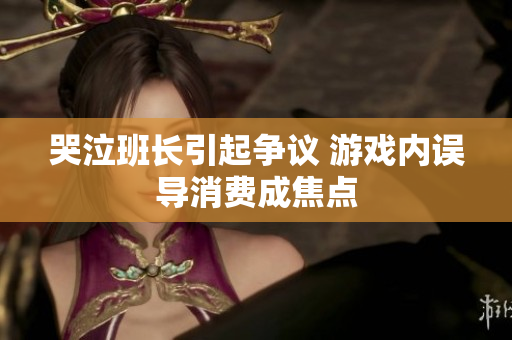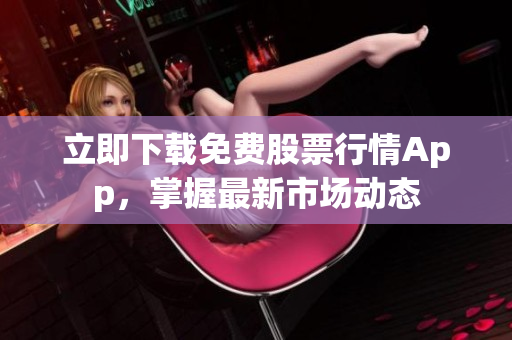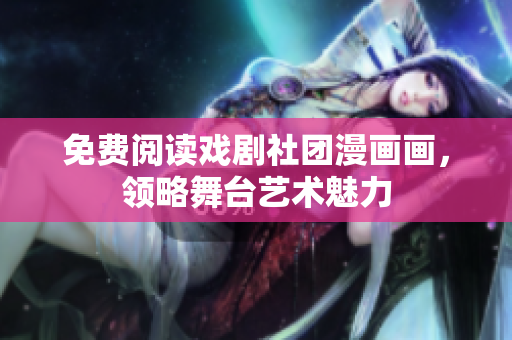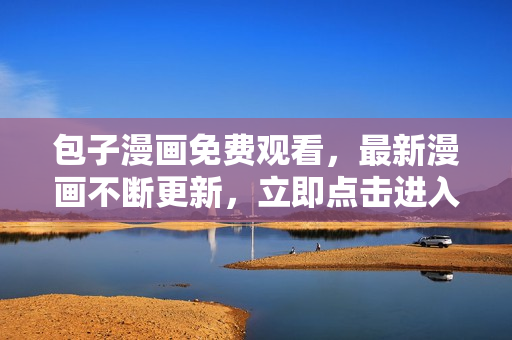Introduction
When we think of top-tier Western art and humanistic works, we might picture masterpieces such as The Mona Lisa by Leonardo da Vinci or The Scream by Edvard Munch. These pieces inspire awe and wonder, and serve as testaments to the creativity and ingenuity of humankind. However, in today's fast-paced world, we are constantly bombarded with new technologies and distractions, such as the recent rollout of 5G in mainland China and the obsession with in-game purchases. It can be difficult to balance our desire for entertainment and convenience with our appreciation for the finer things in life, such as art and culture. In this article, we will examine these conflicting priorities and explore the scarcity of early childhood education opportunities in Southeast Asia.
The Dichotomy of High Culture and Modern Technology
As we marvel at the wonders of 5G and the latest video games, it can be easy to forget about the centuries of artistic achievement that have come before. Yet, these works of art have withstood the test of time and continue to inspire new generations. They remind us of the power of human creativity and the importance of preserving our cultural heritage. At the same time, it can be difficult to reconcile our love for these traditional forms of art with the rapid advancements of modern technology.
One potential solution is to embrace new technologies as a means of enhancing our understanding and appreciation of art. For example, some museums have begun to incorporate virtual reality experiences that allow visitors to step inside famous paintings or sculptures. This type of technology can help make art more accessible to a wider audience, especially younger generations who may be more comfortable with digital interfaces than with traditional artworks.
Balancing Entertainment and Education
When it comes to in-game purchases, it can be tempting to spend money to enhance our gaming experience. However, we must be mindful of the potential negative effects of these purchases, especially for young people who may not fully understand the value of money. In addition, it is important to balance our desire for entertainment with our obligation to educate ourselves and those around us.
One way to achieve this balance is to incorporate educational elements into gaming experiences. For example, educational games that teach language, math, or coding skills can be an effective way to educate while still providing a fun and engaging experience. Additionally, games that encourage exploration and problem-solving can help develop critical thinking skills that will benefit players both in and out of the virtual world.
The Need for Early Childhood Education in Southeast Asia
While we debate the merits of new technologies and artistic achievement, it is crucial to remember that not all communities have equal access to education. In Southeast Asia, access to early childhood education resources is scarce and often limited to urban centers or wealthy families. This lack of access can have a profound impact on children's development and future success.
There are several factors that contribute to this scarcity, including poverty, inadequate infrastructure, and cultural beliefs that prioritizes formal education over early childhood education. However, there are also efforts underway to address these disparities. For example, NGOs and government initiatives are working to increase access to early childhood education in rural areas and low-income communities.
Conclusion
In conclusion, the dichotomy between high culture and modern technology is a complex issue that requires careful consideration and an open mind. While it can be challenging to balance our desire for entertainment with our appreciation for traditional forms of art, it is important to find a way to incorporate both into our daily lives. Additionally, we must be mindful of the potential negative effects of in-game purchases and work to cultivate a love of education in ourselves and those around us. Finally, we must recognize and address the scarcity of early childhood education in Southeast Asia, in order to ensure that children have the best possible start in life.









